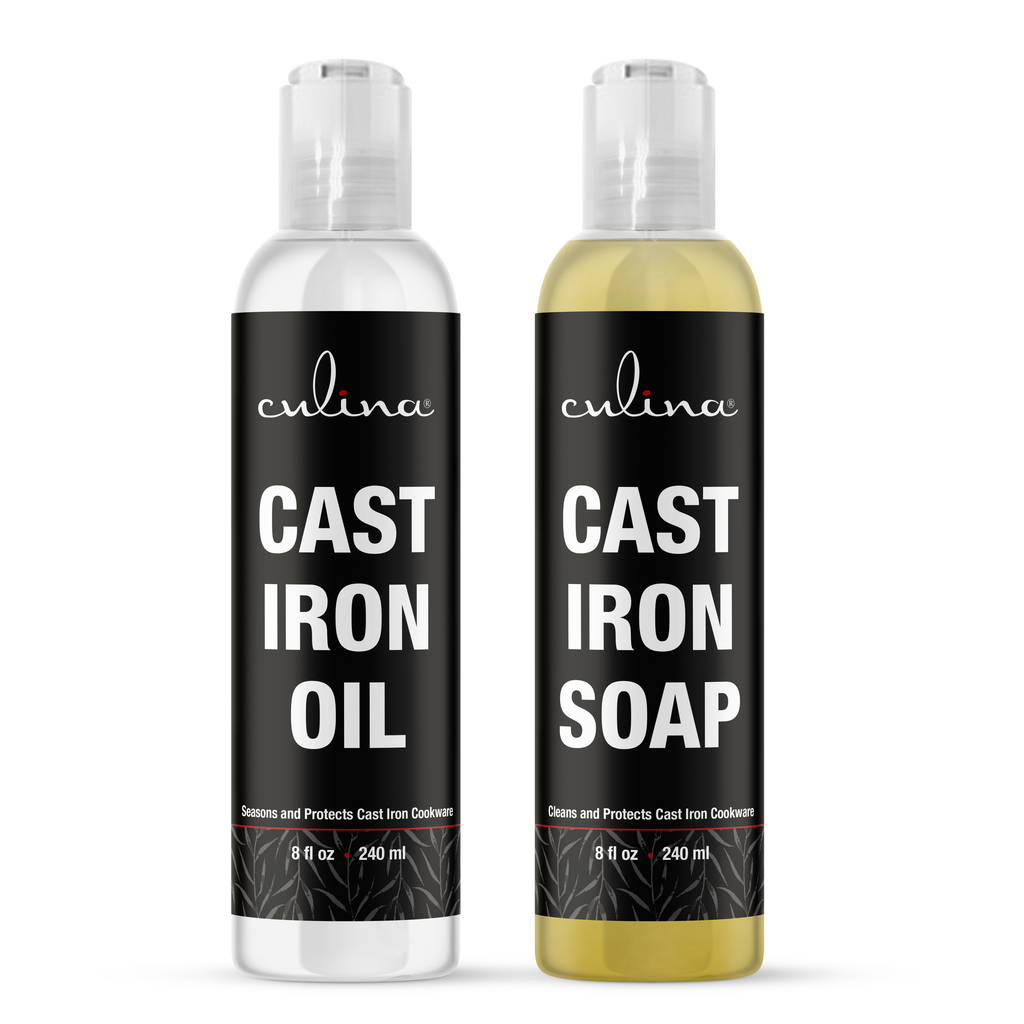How Long Is Olive Oil Good For: Key Facts You Must Know?
As beauticians, understanding the lifespan and storage of ingredients we use daily is crucial. Among these, olive oil stands out not only for its culinary benefits but also for its profound effects in skincare. So, how long is olive oil good for? This question is fundamental for ensuring that we use this ingredient to its fullest potential while safeguarding our clients' health.
In this article, we'll delve deep into the shelf life of olive oil, how to assess its quality, and various tips for incorporating it into beauty treatments effectively.

Understanding the Shelf Life of Olive Oil
One critical aspect to consider is the shelf life of olive oil. Typically, good quality virgin or extra virgin olive oil can last between 18 months to two years from the bottling date, depending on how its stored. Olive oil can oxidize and go rancid if not properly handled. Incorrect storage can significantly reduce its lifespan and efficacy.

Factors That Affect Olive Oil Shelf Life
Type of Olive Oil Matters
Different types of olive oil have varied shelf lives. For instance, extra virgin olive oil, with its higher levels of antioxidants, generally lasts longer than refined olive oils. Seeking out high-quality brands means you will have a product that maintains its beneficial properties longer.
Storage Conditions
The way you store olive oil has a major impact on how long it lasts. Keeping olive oil in a dark, cool place away from light, heat, and moisture will help prolong its shelf life. In fact, exposure to these elements can lead to rancidity, which compromises its quality.

How to Tell If Olive Oil Has Gone Bad
Once you know how long olive oil is good for, recognizing the signs of spoilage is essential. Here are key indicators of rancid olive oil:
- Smell: Fresh olive oil has a pleasant, fruity aroma. If it smells stale or has a musty odor, its likely gone bad.
- Taste: Fresh olives taste fruity or peppery. Rancid olive oil has a flat, often bitter taste.
- Appearance: While its normal for olive oil to have a slight haze or sediment, a clear and cloudy appearance at room temperature can indicate spoilage.

How to Extend the Life of Your Olive Oil
Proper Storage Techniques
Utilizing proper storage techniques can help in preserving the quality of olive oil. Consider the following:
- Store in a dark glass bottle.
- Avoid keeping near heat sources like stoves.
- Tightly seal the bottle after each use to limit exposure to air.
Effects on Beauty Treatments
Understanding how long olive oil is good for impacts not just its culinary but also its cosmetic applications. Its moisturizing properties can help with skincare routines, but using rancid oil can lead to adverse reactions.
Practical Uses for Olive Oil in Beauty
Skincare Applications
From moisturizing lotions to DIY face masks, incorporating olive oil into beauty routines can significantly enhance the hydration of the skin. Olive oils antioxidants can fight free radicals, which is why it's a favorite among beauticians in facial treatments.
Hair Care Benefits
Using olive oil as a hair mask can promote shine and hydration, making hair softer and more manageable. The high-fat content is beneficial in preventing damage, particularly for dry or colored hair.
Links to Further Your Knowledge
For more insights, check out: What Is Olive Oil Good For? and Calories in Olive Oil to understand its nutritional value.
FAQs
1. How can I tell if my olive oil is still good?
If your olive oil has a rancid smell or a bitter taste, it is likely spoiled. Fresh oil should smell fruity.
2. Can I use expired olive oil?
While its not harmful in small amounts, using expired olive oil may not provide the same benefits as fresh oil.
3. How should I store olive oil for the best results?
Store in a cool, dark place; seal tightly to reduce exposure to air, light, and moisture.
As an Amazon Associate, I earn from qualifying purchases.

